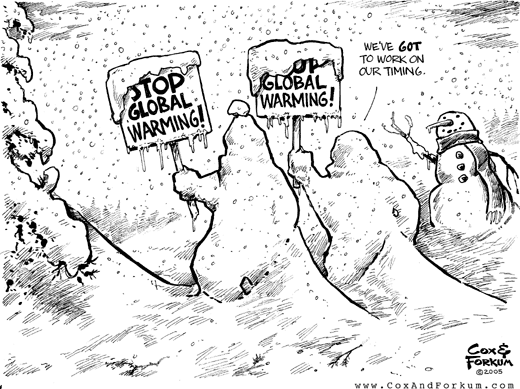a one-world government. Countries, that at one time had specific cultural aspects that
defined them, now lend these aspects to other countries, while at the same time receives
new cultural aspects from other countries.
This meshing of the cultures, countries, and governments will have significant effect on
sex, gender, and radicalism. Also, globalization effects the economies of the world.
Europe, for example, is divided into many different countries, but starting in 2002,
Europe started to globalize their countries by issuing the "euro" as the main currency.
The euro (€) is the official currency of 16 of the 27 Member States of the European
Union.
As Barker states, on page 155, "globalization is grasped in terms of: the world capitalist
economy, the global information system, the nation-state system, and the world military
order. The global information aspect of globalization is easily seen in today's society. The
most obvious examples are the world wide web, television, and the music industry.
Information is globally accessible with the web; anytime, anywhere. The music business
and television is able to permeate every country's culture. Two examples of products
that were able to be fused into other cultures are Coca-Cola and Toyota. Coca-Cola, an
American company, can be seen in almost every part of the world. Toyota, a Japanese
car company, has infused itself in the car business as a formidable contender and has
even become part of American life.
Many of today's governments and companies push for globalization. One example is the
Coca-Cola company. Coca-Cola is spearheading a movement/organization
entitled "Hopenhagen". Their mission, according to their website, is "To connect every
person, every city, and every nation to Copenhagen. To give everyone hope, and a
platform from which to act. To create a grassroots movement that’s powerful enough to
influence change." This organization is trying to get the UN Climate Change Conference
on December 7 to vote for more "hope and change for the world" and its "climate change
problem".



No comments:
Post a Comment